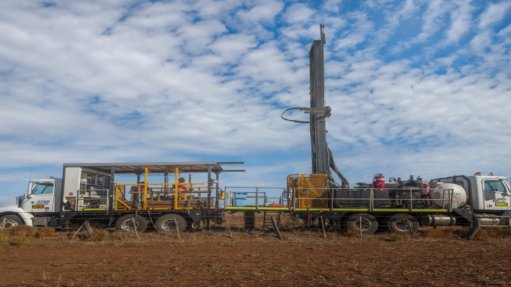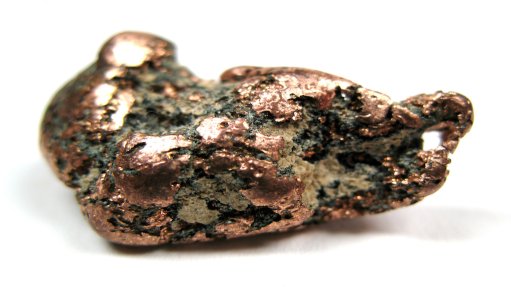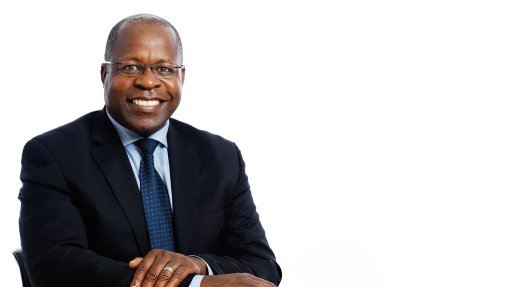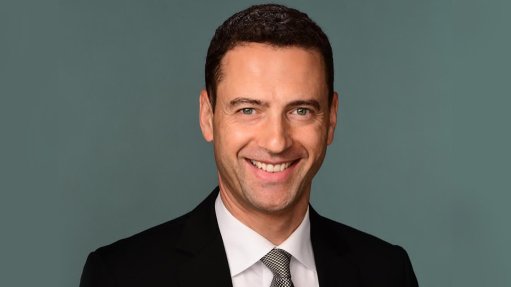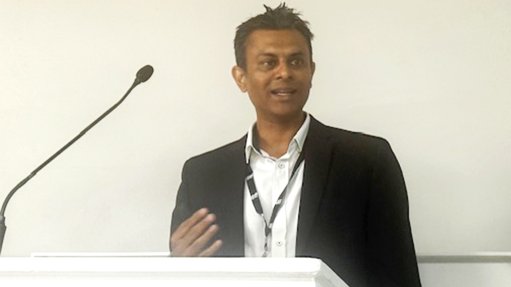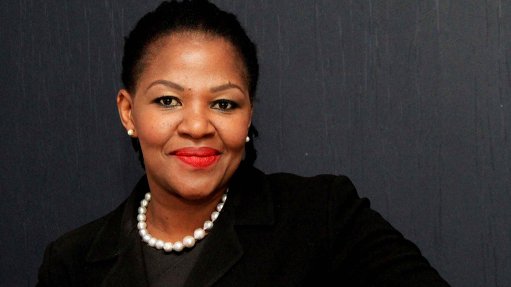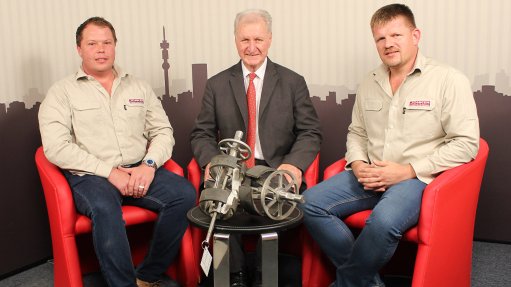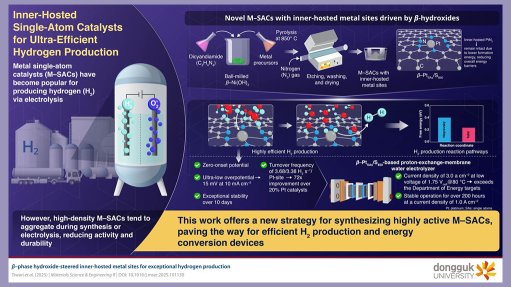New tech, investments can reduce water crisis

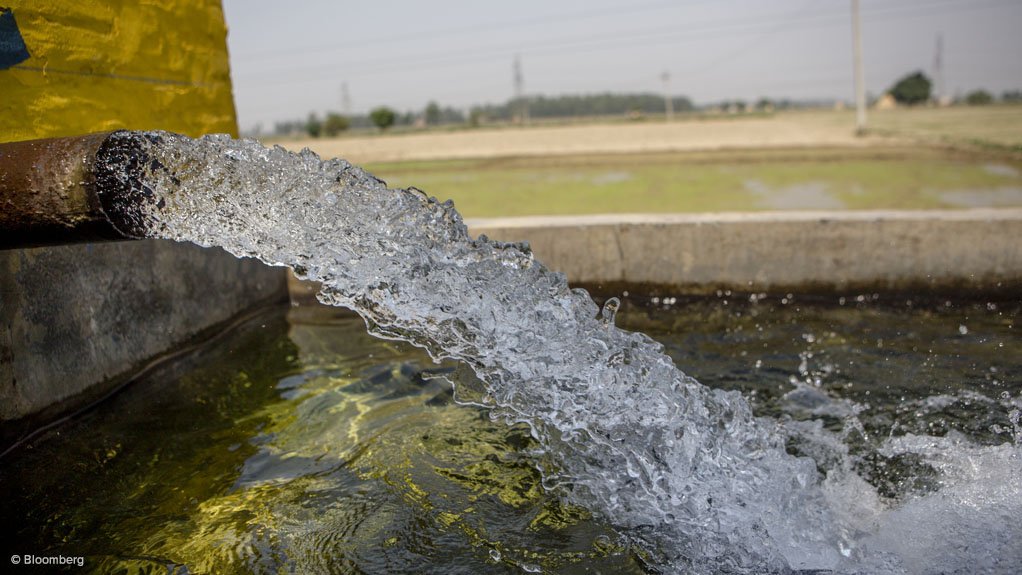
COLLABORATIVE MANAGEMENT South Africa is depending on a complex and technically challenging bulk-water supply which requires a high level of expertise and coordination
Photo by Bloomberg
New technologies for water and wastewater treatment plants, as well as investments in ecological infrastructure, could reduce the risks of water pollution and failure of critical water supply infrastructure in the country, says global engineering and infrastructure advisory firm Aurecon South Africa water client director Mike Killick.
“New technologies allow for and improve monitoring and real-time, or near real-time, decision-making. These should be considered for surface and groundwater monitoring, as well as the operation of bulk-water distribution systems and the effective management of water and wastewater treatment plants.”
Owing to significant changes in the patterns of water demand and availability, it will be essential to use new technology to update all current water-resource information for better planning to manage the supply.
“Improved collaboration between different levels of government and the recognition of key sustainability issues, including integrated surface and groundwater planning, are also necessary.”
Killick believes that to continue to meet water demand, it is crucial to consider sustainability aspects, such as integrated surface and groundwater management, which has often been ignored and considered costly or unnecessary.
Aurecon water services leader James Cullis points out that water security has always been a challenge in South Africa, with its predominantly dry and highly variable climate, as well as significant spatial variability in water resources. He adds that the country’s major centres of water demand and economic development are located far from available resources.
“This has resulted in South Africa’s depending on a highly complex and technically challenging bulk-water supply and sanitation system, which requires a high level of expertise and coordination.
“Budgets for infrastructure development need to be prioritised, and experienced and qualified engineers need to be appointed to implement plans and strategies.”
He says capacity building programmes need to be linked to the strategies so that the sector can be fully transformed. “We need to restore pride in developing world-class water infrastructure solutions in South Africa.”
Cullis says a possible solution could be to establish a water advisory forum, in which the private sector could work with government to unlock the potential for water infrastructure development in the country.
He acknowledges that most firms are taking proactive steps in transformation, but it remains a significant challenge for the whole engineering sector.
Projects
Killick says the company has recently completed the design of and provided technical support during construction of the Lower Thukela Bulk Water Supply Scheme for Umgeni Water in Durban, KwaZulu-Natal.
“We are assisting the City of Cape Town (CCT) in drought support planning and modelling work, as well as in the planning and design of the Table Mountain Group Aquifer and Water Reuse Schemes to augment supply to the CCT, which includes consideration for potential climate change impacts and other changes in demand.”
He says the company was appointed by the Kenya Ministry of Water and Irrigation in May last year as part of its Water Security and Climate Resilience project to provide implementation support, thereby strengthening water resources management and planning in Kenya.
Aurecon’s service covers the full range of engineering and consulting services for water security, including water resources planning, feasibility studies, detailed design and construction supervision.
“We have experts in hydrology and water resources planning; dams and hydropower; bulk distribution systems, including large-diameter pipelines and pumpstations; and the design of water and wastewater treatment works,” Killick concludes.
Article Enquiry
Email Article
Save Article
Feedback
To advertise email advertising@creamermedia.co.za or click here
Announcements
What's On
Subscribe to improve your user experience...
Option 1 (equivalent of R125 a month):
Receive a weekly copy of Creamer Media's Engineering News & Mining Weekly magazine
(print copy for those in South Africa and e-magazine for those outside of South Africa)
Receive daily email newsletters
Access to full search results
Access archive of magazine back copies
Access to Projects in Progress
Access to ONE Research Report of your choice in PDF format
Option 2 (equivalent of R375 a month):
All benefits from Option 1
PLUS
Access to Creamer Media's Research Channel Africa for ALL Research Reports, in PDF format, on various industrial and mining sectors
including Electricity; Water; Energy Transition; Hydrogen; Roads, Rail and Ports; Coal; Gold; Platinum; Battery Metals; etc.
Already a subscriber?
Forgotten your password?
Receive weekly copy of Creamer Media's Engineering News & Mining Weekly magazine (print copy for those in South Africa and e-magazine for those outside of South Africa)
➕
Recieve daily email newsletters
➕
Access to full search results
➕
Access archive of magazine back copies
➕
Access to Projects in Progress
➕
Access to ONE Research Report of your choice in PDF format
RESEARCH CHANNEL AFRICA
R4500 (equivalent of R375 a month)
SUBSCRIBEAll benefits from Option 1
➕
Access to Creamer Media's Research Channel Africa for ALL Research Reports on various industrial and mining sectors, in PDF format, including on:
Electricity
➕
Water
➕
Energy Transition
➕
Hydrogen
➕
Roads, Rail and Ports
➕
Coal
➕
Gold
➕
Platinum
➕
Battery Metals
➕
etc.
Receive all benefits from Option 1 or Option 2 delivered to numerous people at your company
➕
Multiple User names and Passwords for simultaneous log-ins
➕
Intranet integration access to all in your organisation







